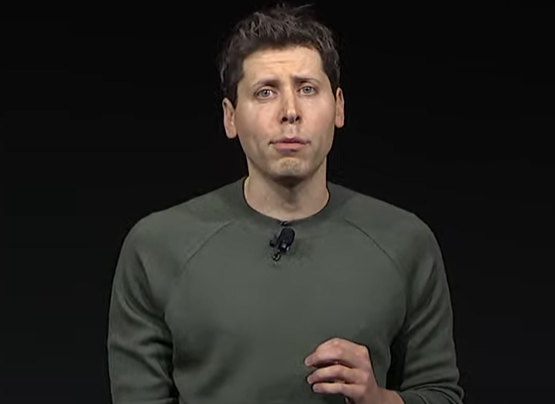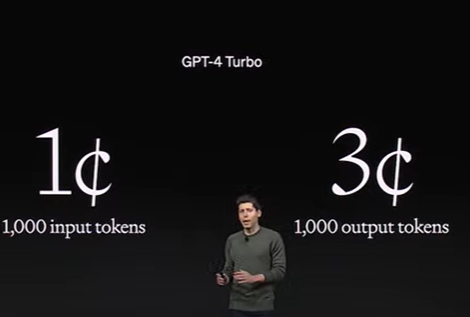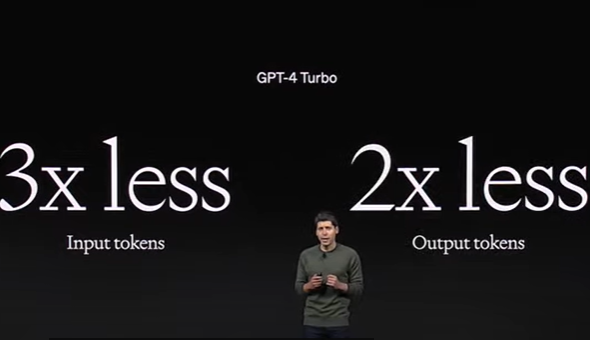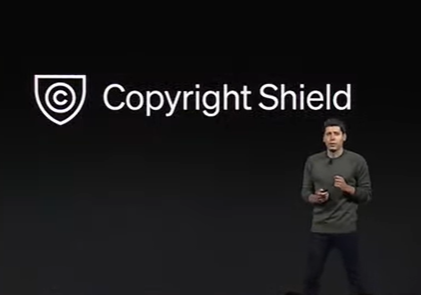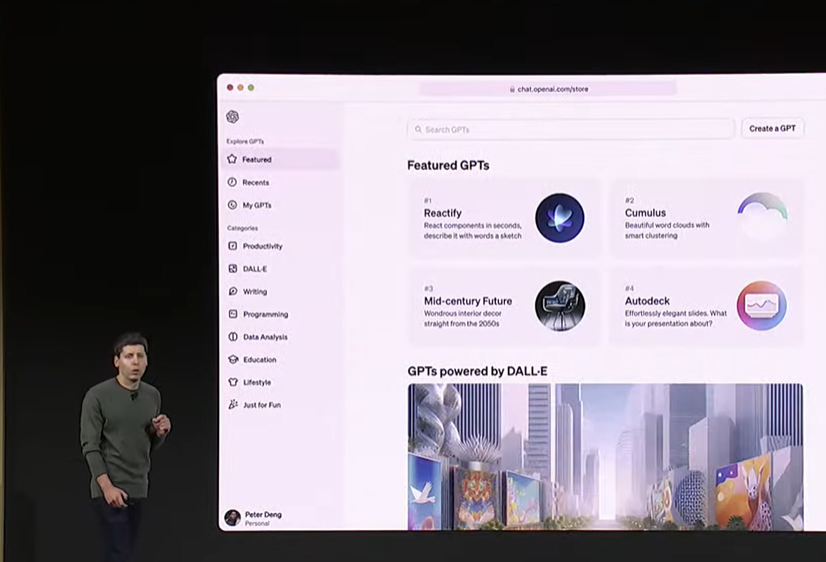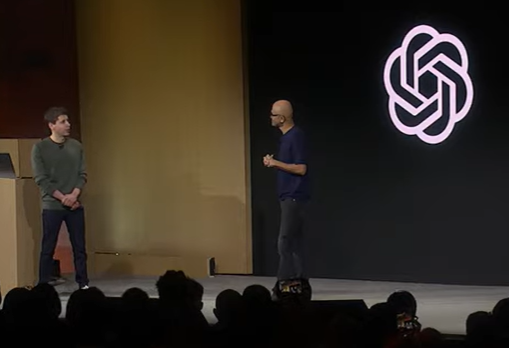
The OpenAI Developers Conference that took place today, November 6th, 2023, introduced a suite of enhancements and new offerings that could be game-changers for developers and users alike.
Heading the roster of updates is the new GPT-4 Turbo model, a leaner and meaner iteration of its predecessor. This model isn’t just about brainpower – though it boasts a 128K context window, capable of digesting over 300 pages of text in one go – it’s also about economy. OpenAI has honed its performance, resulting in cost reductions for both input and output tokens, making GPT-4 Turbo thrice as cost-efficient for input and twice as affordable for output compared to the standard GPT-4.
In a bid to streamline AI application development, OpenAI has launched the Assistants API. This new tool is a boon for developers eager to craft assistive AI apps with specific goals, now with the ability to seamlessly integrate various models and tools.
Another highlight is that the GPT-4 Turbo has expanded its knowledge base, with its intelligence now extending to cover events up until April 2023. This positions the AI as a more relevant and informed prompter for users seeking insights on more recent happenings.
The multimodal capabilities of the platform have seen significant advancements. OpenAI now incorporates vision, the capacity for image creation through DALL·E 3, and text-to-speech functions, broadening the scope of creative and interactive possibilities.
Addressing cost considerations further, OpenAI has also introduced a refreshed version of GPT-3.5 Turbo, now with a default 16K context window. Enhanced to follow instructions more accurately and boasting new features such as JSON mode and parallel function calling, this version is poised to bolster user experience significantly.
The introduction of GPTs marks a pivotal shift in how personalized AI can be molded. These customizable versions of ChatGPT can be easily tailored to assist with an array of tasks – from learning new board games to providing educational support, all without requiring users to write a single line of code. GPTs can be private, for internal company use, or shared with the world. To demonstrate the potential of GPTs, examples are currently available for ChatGPT Plus and Enterprise users, featuring integrations with tools like Canva and Zapier AI Actions.
Soon, OpenAI plans to launch a GPT store, a marketplace where these bespoke bots can be exchanged and monetized, democratizing the access to tailored AI solutions.
Lastly, the conference touched upon a significant concern for many developers and businesses: copyright infringement. OpenAI’s “copyright shield” is a commitment to support and protect its customers against legal disputes in this area, with OpenAI’s CEO, Sam Altman, underscoring their readiness to stand behind their users and cover the costs related to such claims.
These developments suggest an exciting time ahead for AI application development, with the potential for broader adoption and deeper integration into our daily digital experiences.
